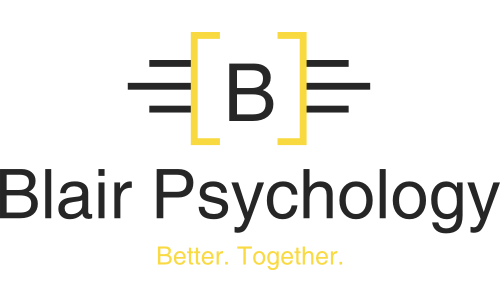“The cats nestle down with their kittens.
The lambs have laid down with their sheep.
You’re cozy in your bed, my dear.
Please, go to sleep.”
Question. What do you get when you take a three year old and deprive them of sleep? Answer. A terrible human being. Well, not really. You just get a sleep deprived three year old but there’s considerable overlap between the two. That’s why Adam Mansbach’s Just Go to Sleep and its significantly more adult version have become modern day classics. They perfectly capture the absurdity and frustration of getting little humans to engage in one of our most basic, fundamental functions.
Children need sleep. Without it they become irritable, irrational, emotional, unregulated messes. One of the first questions I ask parents when they share that one of their children is having behavioral problems is “How’s their sleep?” Any intervention laid on a foundation of sleep deprivation is likely to have limited success. While most parents still struggle to get their kids on a healthy sleep routine, very few would argue about the importance of sleep for their child’s healthy development and overall ability to function.
Lack of Sleep Puts Your Relationship at Risk
Well guess what? A good night’s sleep is not just important for little humans. It’s important for big humans as well. What do you get when you take an adult and deprive them of sleep? A terrible partner. Or, at the very least, a partner that’s functioning well below their potential. Lack of sleep unnecessarily puts the relationship at a significantly higher risk for more conflict and less connection. Just like with kids, when partners are misbehaving one of the first questions I ask is “How’s your sleep?”
Here are just a few of the most common relationship issues that can be linked to a lack of sleep:
Irritability and moodiness
Reduced sexual desire and arousal
Difficulty regulating emotions
Increased impulsivity
Increased stress
Decline in overall mental health
Decline in overall physical health
It’s important to note here that when I say “lack of sleep”, I’m not talking about a significant sleep deficit. Research suggest that when both partners routinely get less than seven hours of sleep, not only were they more likely to have hostile conflict, but they also had higher levels of inflammatory proteins in their blood after those conflicts. Basically, marital conflict is more toxic to your body when you haven’t gotten enough sleep.
The One Thing: Sleep
I’m a huge fan of Gary Keller’s book The One Thing. The premise of the book centers around one simple question:
What’s the one thing you can do, such by doing it, everything else will be easier or unnecessary?
For so many couples, that one thing would be sleep. It’s important to remember, sleep is a skill and it doesn’t come natural for everyone. But with patience and practice, you’ll get there. Prioritizing your relationship means prioritizing your sleep. There is no other way. So what changes can you make today to dramatically increase the chances that you can show up as your best self, every day? Here are a few suggestions:
Set a Bedtime Alarm - Instead of just setting an alarm to wake up, trying setting an alarm to go to bed. Figure out what time you want to get up and count backwards nine hours. Say hello to your new bedtime. When your bedtime alarm goes off, it’s time for bed. Close your computer, get off your phone, turn off the t.v. Go to bed.
Stay Consistent - The evidence is clear. Going to sleep and waking at the same time every day (yes, even on weekends) is the best way to establish an effective sleep routine. It's been found to improve everything from sleep quality to cognitive performance. I know it’s a tall order that requires significant self-discipline and sacrifice, but the benefits to your relationships far outweigh the personal costs.
Do it Together - Making this commitment as a couple increases your chances for success by building in both support and accountability.
So go to sleep. It may be the simplest and most impactful thing you can do to immediately improve the quality of your relationship.
Come back every Monday for my latest post.
Have a topic you’d like to hear about? Email me at Drjblair@gmail.com

